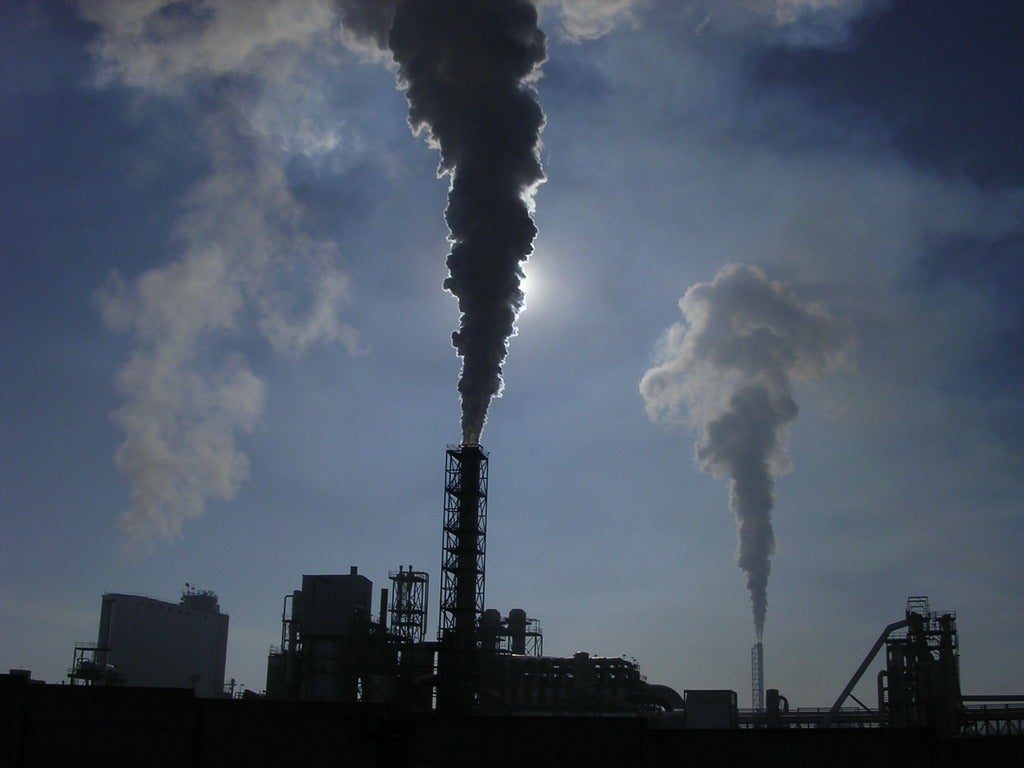
More than a third of global emissions since 1965 can be attributed to just 20 fossil fuel companies, led by Saudi Aramco, according to research published on 9 October.
Commissioned by the Guardian, the Climate Accountability Institute’s analysis shows the list, which includes the likes of Shell, Chevron, BP and ExxonMobil, have created roughly 480bn tonnes of carbon dioxide equivalent over the past 50 years.
Over half of the firms are state-owned, with Russia’s Gazprom, National Iranian Oil, PetroChina and Coal India also featuring alongside a lone miner, BHP.
Director Richard Heede said: “These companies and their products are substantially responsible for the climate emergency, have collectively delayed national and global action for decades, and can no longer hide behind the smokescreen that consumers are the responsible parties.
“Oil, gas, and coal executives derail progress and offer platitudes when their vast capital, technical expertise, and moral obligation should enable rather than thwart the shift to a low-carbon future.”
Fossil fuel elite power global emissions
Heede told the Guardian he chose 1965 as a starting point as it was only after this year that the international community became fully aware of the consequences that drilling for fossil fuels poses to the climate.
However, the Climate Accountability Institute’s report also found the fossil fuel industry as a whole has emitted 1,221 gigatonnes of carbon dioxide since 1751, or 69.8% of the global total, with the top twenty responsible for 30% over the same period.
Half of these emissions were created in the three decades since 1990, highlighting an exponential rise in the pollution produced as a result of oil, gas and mining activities.
Heede said: “It is incumbent on companies that value their social license to operate to respect climate science, manage corporate risks accordingly, commit to reducing future production of carbon fuels and their emissions in alignment with the Paris Agreement pathway under 1.5C.
“They must support the decarbonisation of the global economy, and shift their capital investments toward renewables, carbon sequestration, and low-carbon fuels in line with science-based targets.
“Companies leading this transition will prosper, and laggards will perish: We will be watching.”






